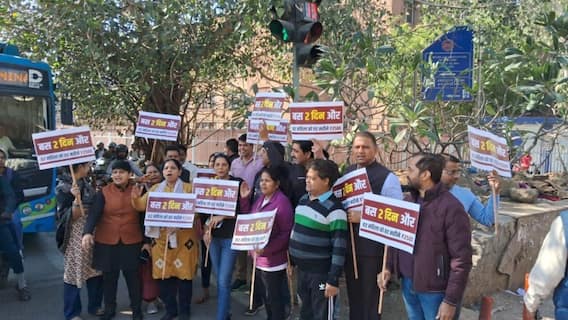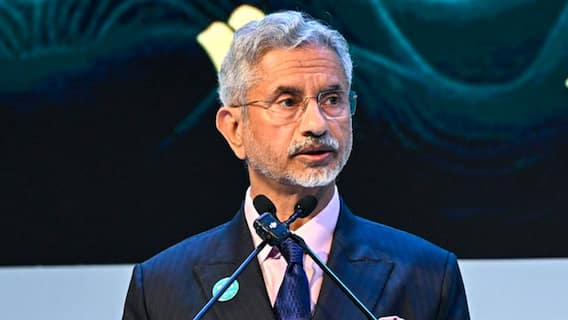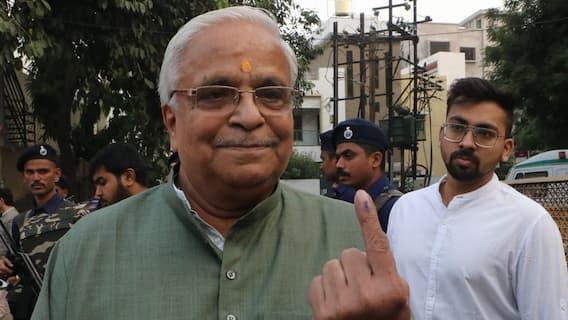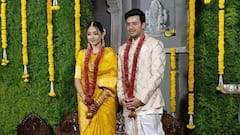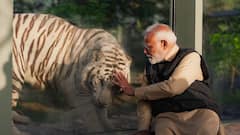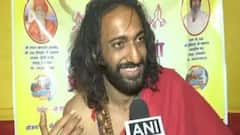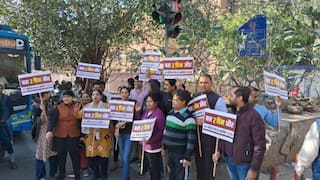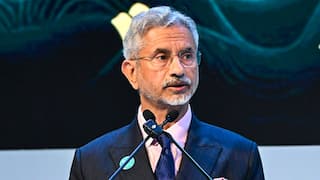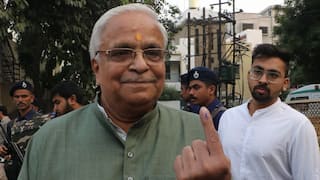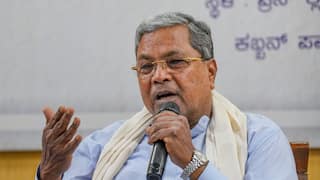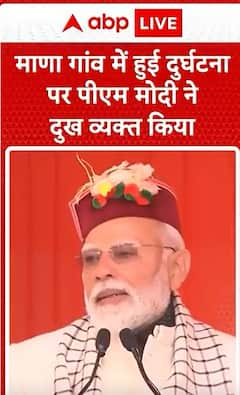'Issue Of Seminal Importance': SC Refers Same-Sex Marriage Pleas To Constitution Bench
A bench of Chief Justice DY Chandrachud and justices PS Narsimha and JB Pardiwala has said that the adopted child of a gay couple need not have similar sexual orientation.

New Delhi: The Supreme Court on Monday listed the petitions on same-sex marriage on April 18 for further hearing before a Constitution bench. Hearing a batch of pleas on Monday, a bench of Chief Justice DY Chandrachud and justices PS Narsimha and JB Pardiwala also said that the adopted child of a gay couple need not have similar sexual orientation. The bench said that the issue is of "seminal importance".
Solicitor General Tushar Mehta, appearing for the Centre, said on Monday that the right to love, express and freedom of choice is already upheld and no one is interfering with that right but doesn't mean conferring the right of marriage. "The moment marriage as a recognized institution comes between same sex, question will arise on adoption. Therefore, Parliament will have to see the issue of psychology of child, which has to be examined whether it can be raised in such a way."
To this, the Supreme Court remarked: "The adopted child of a gay or lesbian couple does not have to be gay or a lesbian."
News agency PTI reported that the SC said the submissions on the issue involve an interplay between constitutional rights on the one hand and special legislative enactments, including the Special Marriage Act, on the other.
The Supreme Court also said that the proceedings on April 18 will be live-streamed as is done in case of hearings before Constitution benches.
The top court was hearing the pleas seeking legal validation for same-sex marriages in the country. The batch of pleas was heard by a bench comprising Chief Justice DY Chandrachud and justices PS Narsimha and JB Pardiwala.
On Sunday, the Centre had filed an affidavit before the Supreme Court opposing recognition of same-sex marriage. In its affidavit, the Centre has said that same-sex relationships and heterosexual relationships are clearly distinct classes that cannot be treated identically, as per a report by news agency ANI.
The Centre apprised the top court that living together as partners by same-sex individuals, which is decriminalised now, is not comparable with the Indian family unit concept of a husband, a wife and children born out of the union.
It further mentioned that statutory recognition of marriage limited to heterosexual in nature, is the norm throughout history and is foundational to both the existence and continuance of the State. It said that there is no violation of fundamental rights due to the non-recognition of same-sex marriages.
One of the petitions filed in the Supreme Court has sought an interpretation of the Special Marriage Act, 1954 in a gender-neutral manner where a person is not discriminated against due to his sexual orientation.
The top court's five-judge Constitution bench, in a path-breaking unanimous verdict delivered on September 6, 2018, held that consensual sex among adult homosexuals or heterosexuals in a private space is not a crime while striking down a part of the British-era penal law that criminalised it on the ground that it violated the constitutional right to equality and dignity.
Trending News
Top Headlines









